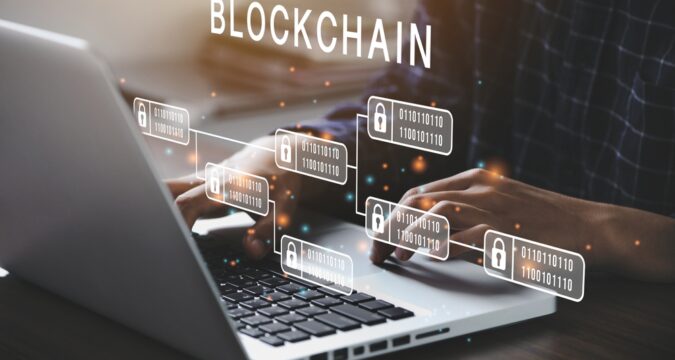
Like other leading networks, the BNB Smart Chain (BSC) has its own blockchain explorer, BscScan. This tool is useful as it helps users to understand what is happening on BSC. What’s more, you do not need coding skills to use the BscScan explorer.
This article takes a deep dive into BscScan. After reading, you should be enable to understand how the blockchain explorer works and how to use it properly. Stick around!
BscScan Defined
Simply put, BscScan is a tool that lets BSC users see what is happening on the network. It comes with a user-friendly interface, making it easy for both experienced and inexperienced users to search for smart contracts, tokens, wallets, and transactions.
Are you wondering if BscScan functions similarly to other top blockchain explorers, such as Etherscan? The answer is yes! The primary difference is that Etherscan only allows users to search transactions on the Ethereum blockchain, while BscScan is only compatible with the Binance Smart Chain. Notably, the two were created by the same developer team.
Since these tools give access to smart contract data and transaction details, users can verify onchain information and track the progress of their transactions easily.
BscScan’s Key Features
BscScan has several features that users find helpful. They include:
Transaction Tracking
While BscScan offers numerous use cases, it is majorly used to track transactions. By pasting the ID of your transaction on the blockchain explorer, you can see the number of blocks confirmed, gas fees, the transaction amount, your address, and that of the receiver.
Every BSC user needs to check their transactions on BcsScan to know whether they have been completed or failed.
Wallet Exploration
With BscScan, you can explore the wallets of various entities. If you paste a wallet address, you’ll be able to see transaction history, the BEP-20 tokens being held, and wallet balances. This feature is ideal for people who track the onchain activities of smart money.
Smart Contract Interaction
Before depositing funds on a decentralized app built on the BSC network, it’s vital to examine its smart contract on BscScan. Once you enter the contract address on the blockchain explorer, click ‘Read Contract’ to learn what the smart contract does and whether it is safe to interact with.
Token Analytics
Are you interested in a BEP-20 token and want to do thorough research on it? If so, paste its address on BscScan. The blockchain explorer will generate useful insights, including trading volume, token price, contract details, and holder distribution.
Network Fee Monitoring
You don’t want to transact when gas fees are high. So, by using BcsScan’s real-time gas fee tracker, you will be able to know when to initiate transactions. This tool helps you to minimize transaction costs.
Developer Tools
BscScan has APIs that allow BSC developers to integrate BSC data into their decentralized apps. The data includes contract events, transactions, and token balances.
Common Terms on BscScan
You will see several terms on the BscScan. Here are some of them and their definitions.
Transaction hash: It is a unique identifier of your transaction. If you click on it, BscScan will display all the details related to your transaction.
Block: BSC validators group transactions into blocks, which all come with unique numbers, making it simple to trace transactions.
Gas fees: These are the charges you incur for validators to complete your transaction.
Block confirmations: It is a metric that displays the number of blocks that validators have added to a network after the one with your transaction. More confirmations make your transaction safer.
Understanding Transaction Statuses
BscScan displays the statuses of all transactions. The three statuses are:
Success: This indicates that your transaction has been verified and added to a particular block.
Failed: This shows your transaction did not go through, probably due to inadequate gas fees.
Pending: This means your transaction has yet to be processed. It could be because of low network fees.




